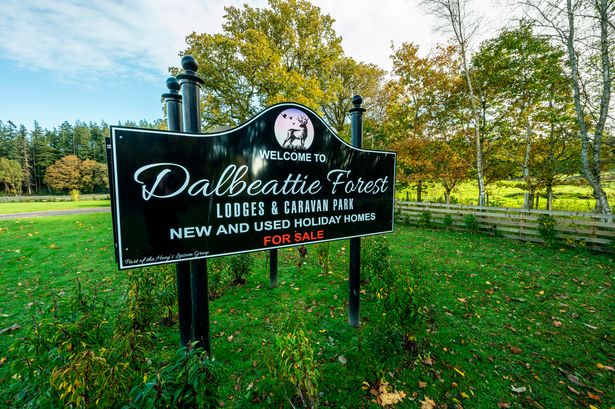Your cart is currently empty!
Dalbeattie caravan park gets expansion green light despite public opposition

Dalbeattie Caravan Park Receives Approval for Expansion Despite Public Opposition
In a decision that has sparked controversy, Dalbeattie Forest Lodges and Caravan Park has been granted permission to expand, adding 31 static caravan pitches to its existing setup. The owner, Gordon Hoey, sought approval from Dumfries and Galloway Council for the expansion within the Solway Coast Regional Scenic Area, despite facing significant objections from the public.
With 142 objections and a petition carrying 152 signatures against the proposal, the fate of the caravan park rested on the shoulders of the councillors on the council’s planning committee, who convened to deliberate on the matter. Following a heated debate regarding the size and suitability of the expansion plans, opinions were divided among the councillors.
Ultimately, the decision to approve the expansion plans was passed with a 9-6 vote, allowing Mr. Hoey to proceed with developing the additional static caravan pitches along with associated facilities like parking, an internal access road, sewage treatment plant, and landscaping.
Despite public resistance, the consulted authorities endorsed the plans, leading council planning case officer Toril Glendinning to recommend approval of the extension. The 1.91-hectare site earmarked for development, described as previously unused rough land with a man-made pond, is set to undergo transformation to accommodate the new pitches, some finished with timber cladding and raised decking areas.
The decision has sparked mixed reactions within the community and raised questions about the balance between economic development and environmental conservation in the region. The debate surrounding the expansion highlights the challenges faced by local authorities in balancing the interests of various stakeholders in decisions affecting the local landscape.
In conclusion, the approval of the Dalbeattie Caravan Park expansion brings to light the complexities of development projects in areas of natural beauty, underscoring the need for robust public engagement and transparent decision-making processes to achieve a harmonious balance between economic progress and environmental sustainability.
